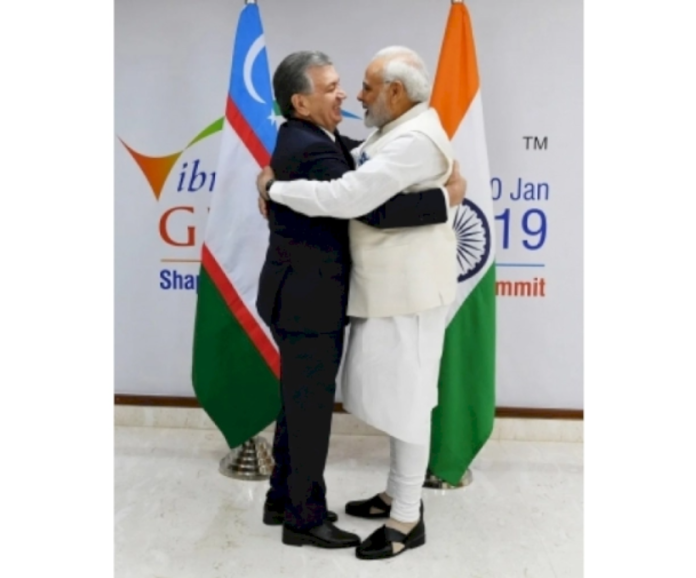- As things unfold rapidly aftermath of the United States of America leaving the shores of landlocked war-torn Afghanistan after nearly two decades, the dynamics of the region has altered in double-quick time as various permutation and combinations from the affected neighboring countries are at play. As we are aware, the Indian government has heavily invested in Afghanistan’s infrastructural developments which remains shut owing to the jihadist and fundamentalist Taliban taking over the reins at an astonishing pace. No wonder, the global audience is perturbed with the turn of events in the troubled nation.

PC: Roshni Majumdar
- As is its wont, the Taliban regime goes about implementing medieval practices primarily aimed at suppressing the freedom of women through suppressive restrictions. As a responsible nation, the Indian diplomatic machinery is working overtime with the like-minded countries in the region to build consensus to ensure the Taliban jihadists’ do not allow the use of Afghan soil for terror activities. Against this backdrop, India’s big push to boost its ties with all five Central Asian nations viz. Kazakhstan, Kyrgyzstan, Tajikistan, Turkmenistan, and Uzbekistan received another shot in the arm with the foreign ministers of these countries flying down to New Delhi to attend the third central Asia dialogue over the weekend.
- This comes close on the heels of the announcement that the presidents of these nations will be chief guests at next month’s Republic Day celebrations. Most notably, all the national security advisers of the five nations participated in the India-hosted regional security dialogue on Afghanistan in November lending greater credence to the efforts initiated by the Indian establishment. In fact, central Asian republics have been tracking closer to the Indian position on Afghanistan, opposing foreign interference and the use of Afghan soil for terror activities. Note that this is in stark contrast to Pakistan’s and China’s approach, which is betting solely on the Taliban to stabilize Afghanistan.

PC: Christoph Hasselbach
- Apart from the latest outreach to central Asian republics, India should also explore the vast scope available for independent cooperation in trade, energy, and connectivity. Interestingly, central Asian foreign ministers reportedly agreed that connectivity initiatives should be based on principles of transparency and respect for sovereignty. We all know how China’s opaque Belt and Road Initiative is opposed by India that has already seen countries fall into debt traps and sign away strategic assets. As such, central Asian republics are looking to hedge against China’s massive presence in their countries.
- India, with its expertise in sectors such as IT, space, and medicine offers the perfect fit. In return, these republics with their massive natural resources from gas to uranium can fuel India’s next phase of industrialization. Even though the Turkmenistan-Afghanistan-Pakistan-India gas pipeline project may be all but dead, efforts should be redoubled on linking Iran’s Chabahar port with the International North-South corridor. Undeniably, such a move will give India direct access to central Asia, most notably bypassing troublesome Pakistan. In other words, geo-strategically countering the growing nexus of the China-Pakistan axis requires India to start looking north. Thus, the pragmatic diplomatic initiatives undertaken by the Indian establishment should be sustained to reach its logical conclusion in the interest of the region.






